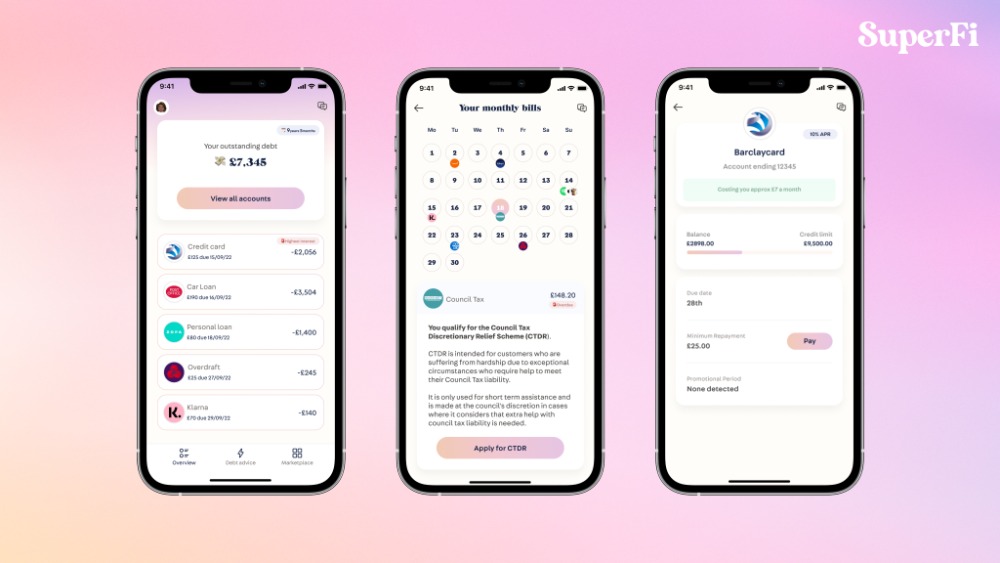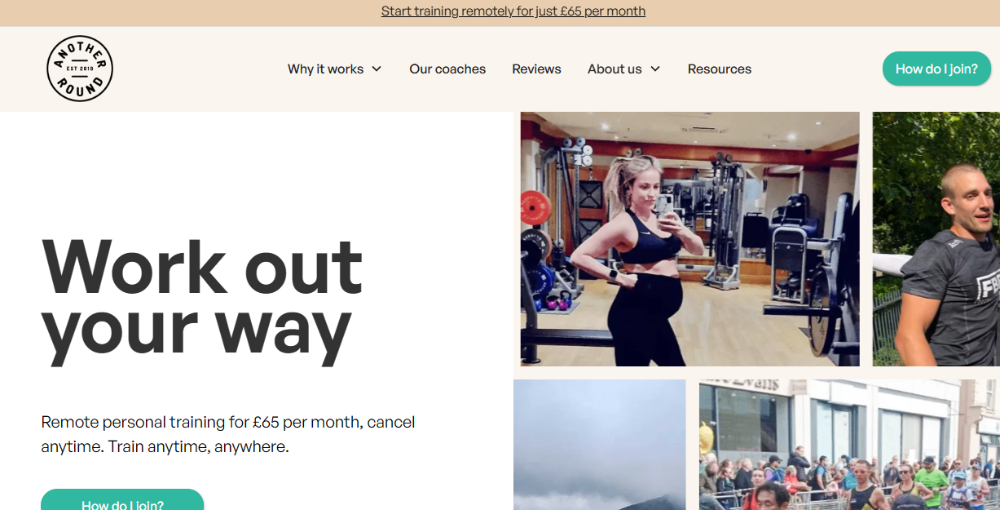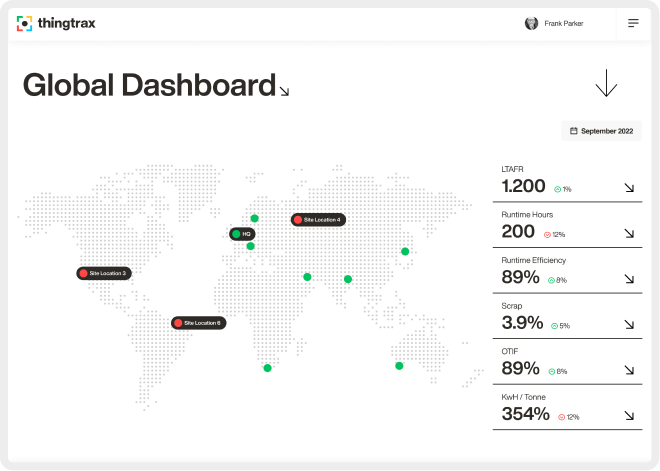How disability-friendly is your business?

by Startacus Admin
The lowdown on the key things that you should avoid doing so that you can ensure that your workplace and business is accessible to all
 Making a workplace more accessible can only benefit you, your employees and your customers.
Making a workplace more accessible can only benefit you, your employees and your customers.
However after years of increasing, the numbers of disabled people in employment has started to fall, with a 28% gap between the proportion of those in work who have a disability and those who don’t.
The pandemic’s impacts are likely to be felt more keenly by disabled people, so opening up more workplaces to more people is even more important right now.
Where can businesses fall short?
Disability discrimination can be split into six categories, here’s an example how each one could be putting people off applying for roles with your company.
Direct discrimination: Overlooking or treating someone differently because you know they have a disability. Giving a job to a less-qualified candidate because you believe a disable person will require more time off work is an example of this.
Indirect discrimination: Taking actions or setting policies that inadvertently exclude those with a disability. Indirect discrimination remains unlawful, although employers may be able to show that a policy is necessary. For example, requiring a drivers’ licence could exclude some disabled people, but is a reasonable requirement for a taxi firm advertising for new drivers.
 Failure to make reasonable adjustments: The Equality Act states that employers must take actions to improve condition for people, regardless of age, gender, disability and more. If an employee needed a specialised vehicle adapted to a disability which required a larger parking spot, or one closer to company premises, it would be unlawful for an employer to refuse this.
Failure to make reasonable adjustments: The Equality Act states that employers must take actions to improve condition for people, regardless of age, gender, disability and more. If an employee needed a specialised vehicle adapted to a disability which required a larger parking spot, or one closer to company premises, it would be unlawful for an employer to refuse this.
Discrimination arising from disability: Discriminating against someone on grounds of something connected to a disability is also unlawful. Restricting access to those with guide dogs, denying time off work for vital treatment or withholding company benefits to someone on grounds of having taken time off work would all fall into this category.
Harassment: Making someone feel humiliated, ashamed or offended due to their disability. If an employee made offensive remarks to someone about a disability, this would have to be a sackable offence. If not, both the employee in question and the employer would be acting unlawfully.
Victimisation: The crucial difference between this and the previous point is that victimisation stems from having made a complaint about discrimination. If a complaint leads to a disabled person being removed from work, isolated or denied perks, this would be a case of an employer acting unlawfully.
Knowing the potential pitfalls is crucial in ensuring that your business and workplace is a welcoming place for all.
Whether it is your physical facilities, working practices or increasing awareness about the differences in life faced by disabled people, education and action are the first steps to making your company disabled-friendly.
Subscribe to our newsletter
If you would like to receive our startup themed newsletter, full of the latest startup opportunities, events, news, stories, tips and advice, then sign up here. How Manufacturing Businesses Can Reduce Energy Costs
How Manufacturing Businesses Can Reduce Energy CostsGot a business in the manufacturing sector? These tips on how you can reduce energy costs while being more sustainable are well worth a read...
 SureIn Secures €4M to Close the SMB Insurance Gap
SureIn Secures €4M to Close the SMB Insurance GapInnovative InsurTech startup SureIn announces a €4M Seed round to further its mission of making insurance easy, transparent and hassle-free for SMBs.
 How IoT Is Revolutionising Consumers' Daily Lives
How IoT Is Revolutionising Consumers' Daily Lives Nassia Skoulikariti, Director of IoT Programmes, Mobile Ecosystem Forum shares some insights on how IoT is having a significant impact on all our lives.
 How to invest in tech companies with the help of AI
How to invest in tech companies with the help of AIRoger James Hamilton, Founder and CEO of Genius Group, a world-leading entrepreneur Edtech and education group, discusses how introducing a globalized curriculum will help better prepare students.
 SuperFi raises $1M pre-seed funding round
SuperFi raises $1M pre-seed funding roundSuperFi, the debt prevention platform, has announced a $1m pre-seed funding round to support people during the cost of living crisis.
 Startups rely on AI & sustainability for new partnerships
Startups rely on AI & sustainability for new partnerships41 startups from 13 countries, including the UK, have been selected for the 8th Kickstart Innovation program, one of Europe’s leading innovation platforms.
 Another Round closes £300k Seed round to revolutionise personal training
Another Round closes £300k Seed round to revolutionise personal trainingPersonal training platform Another Round has secured £300k in its latest fundraise, including investment from angels and its community.
 Thingtrax Secures £4.3M
Thingtrax Secures £4.3MThingtrax Secures £4.3M to Empower Manufacturers to Build the Factories of the Future
 A measure of inflation relief for small firms
A measure of inflation relief for small firmsA measure of inflation relief for small firms sees transport costs fall but service price increases remain elevated
 A look at HR tech startup HR DataHub
A look at HR tech startup HR DataHubBedfordshire-based HR tech startup HR DataHub has built a range of tools for HR departments
Published on: 9th October 2020
If you would like to enable commenting via your Startacus account, please enable Disqus functionality in your Account Settings.







- SureIn Secures €4M to Close the SMB Insurance Gap 15th Aug 2023 Innovative InsurTech startup SureIn announces a €4M Seed round to further its mission of making insurance easy, transparent and hassle-free for SMBs.
- SuperFi raises $1M pre-seed funding round 28th Jul 2023 SuperFi, the debt prevention platform, has announced a $1m pre-seed funding round to support people during the cost of living crisis.
- Startups rely on AI & sustainability for new partnerships 27th Jul 2023 41 startups from 13 countries, including the UK, have been selected for the 8th Kickstart Innovation program, one of Europe’s leading innovation platforms.
- Another Round closes £300k Seed round to revolutionise personal training 21st Jul 2023 Personal training platform Another Round has secured £300k in its latest fundraise, including investment from angels and its community.








 Daniel Dierkes, David Schara, and Maximilian Geißinger 2.jpeg)

.jpg)




















